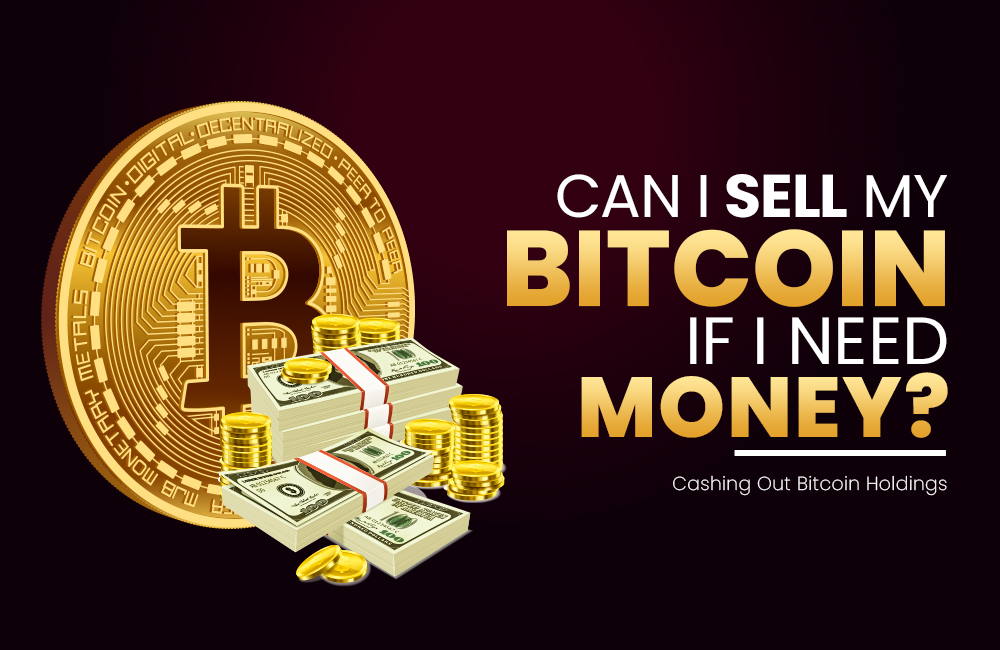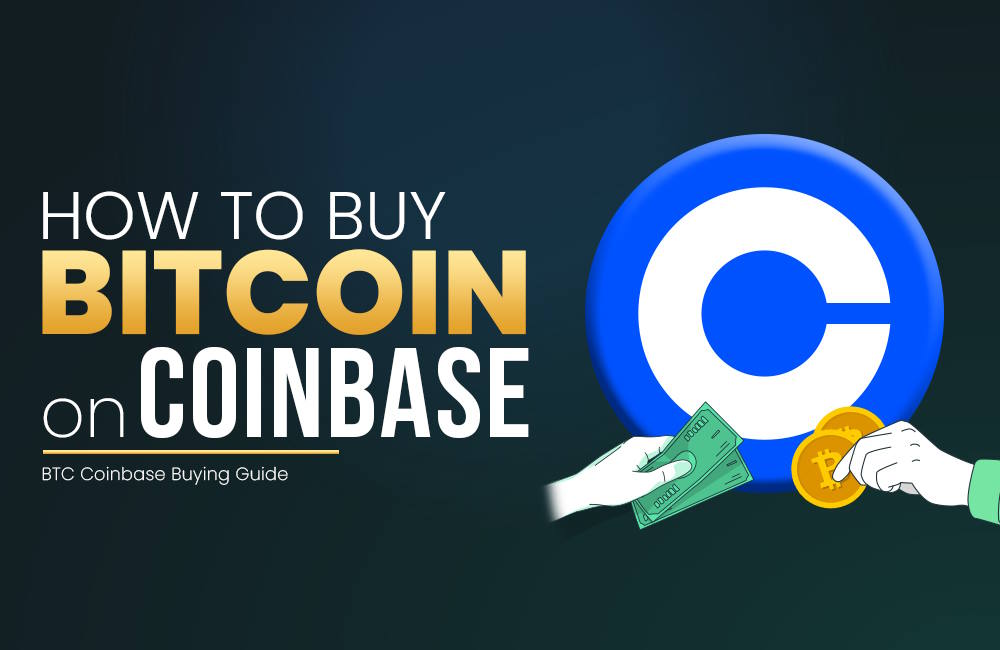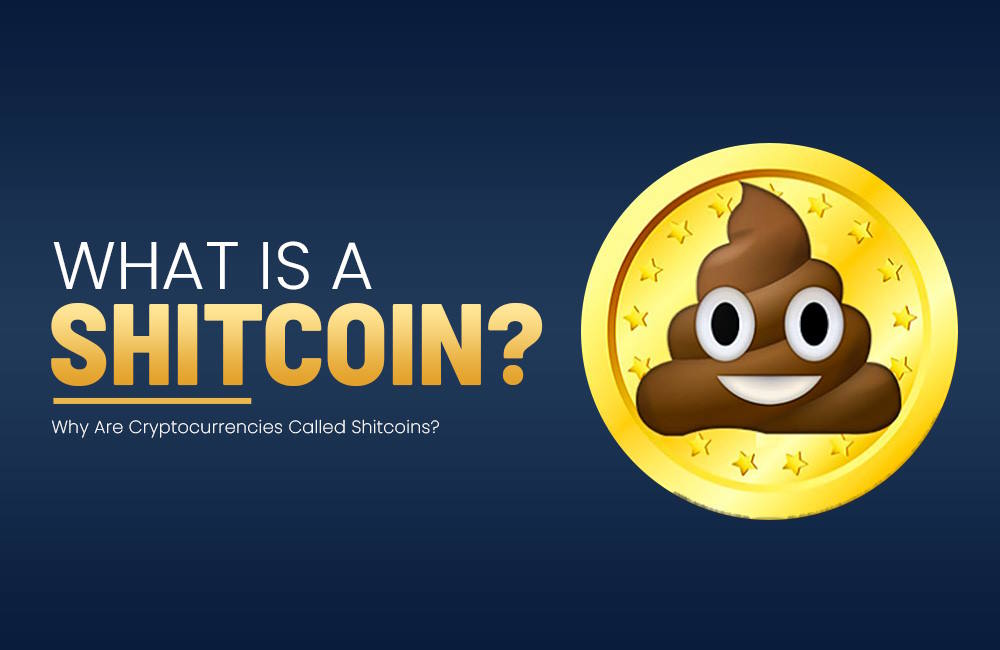
Can I Sell My Bitcoin if I Need Money?
Yes, you can sell your bitcoin for another currency. Similar to how “on-ramps” exist for getting your dollars, euros, yen, etc. into the Bitcoin network, “off-ramps” provide the service for converting your money back out again if desired.
There are numerous ways to cash out bitcoin, although timing and other circumstances may not always be to your advantage.
Different Strokes for Different Folks
Just as there are various ways to buy bitcoin, numerous methods exist enabling you to sell your bitcoin.
- A Bitcoin exchange is the most straightforward method. The typical process involves using a platform to trade bitcoin back into fiat, and then withdraw to your bank account. The process could take a few days and not all banks are made equal when it comes to accepting money originating from crypto exchanges.
- Another indirect way to sell your bitcoin is to link a payment card to your exchange account. This method allows you to fund your real-world purchases in the merchant’s currency of choice, leaving it to the exchange to automatically take care of the bitcoin-fiat trade.
- Bitcoin ATMs are a viable method to get money in and out of bitcoin without the need for payment cards or KYC regulations. Not all ATMs provide a sell function however and if they do, they usually have strict withdrawal limits. It’s best to check in advance before cashing out large amounts of money. Using a Bitcoin ATM map can help you pinpoint a machine close to you.
- Finally, peer-to-peer (P2P) transactions offer another way to sell bitcoin, whether that be in person or through a 3rd party online platform. Safety should be your number one concern here, especially when meeting strangers in real life.
What About Taxes?
“Should I sell my bitcoin?”
A simple question that has crossed many a hodler’s mind over the last decade.
Whatever your reason for selling may be, it may well be worth your while evaluating the tax implications of your transaction before you sell your bitcoin. Every jurisdiction has its own set of regulations when it comes to bitcoin sales but plenty of jurisdictions classify profitable sales as capital gains, and therefore taxable events. The tax rate itself could even be classified as short-term or long-term depending on the holding duration. Keeping account of your entry prices when you purchase bitcoin should alleviate stressful last-minute calculations come tax return day.
In any case, it is highly recommended to consult your financial or tax advisor before hitting the sell button.
Longer Timeframes, on Autopilot
Many people who have been in Bitcoin for a while have come to understand that volatility is a natural part of its trajectory to becoming a global monetary asset. They see beyond the hype and focus on the long-term value of this hard asset. When you have a long-term horizon, it makes no sense to try to time the market. This is where dollar cost averaging comes in to play as it helps both investors and savers ride out the volatility.
Risk Management
As can be seen in the wider economic markets, no assets are certain of their safety, and this applies to bitcoin too. Despite its technological strengths, bitcoin’s volatility is a force to be reckoned with. Putting yourself in an economic situation where you need to cash out bitcoin urgently may cause you to sell at a price lower than you had wished, while possibly inviting short-term capital gains taxes into the equation.
There’s an expression in crypto saying that you should not invest more than what you’re willing to lose. But going about your investments with a losing attitude is not a good mindset to be in. Therefore, it may be more beneficial to manage your investments by setting aside a certain amount of money that you’re certain you won’t need in the near future. As the vast majority of mortgages, car payments, tuition fees, etc. are currently paid for in fiat, its best to keep a good sum of this available for your regular (and unforeseen) expenses.
It’s also worth remembering that each sale of bitcoin will likely incur exchange fees and payment processing fees before the money lands in your bank account. The fewer times you sell, the fewer fees you pay and the more efficient you are with your capital.
On a Positive Note…
It’s not all doom and gloom. If your investment has been good to you and your life could use an upgrade, then by all means go for it. Just put some aside for the taxman in case…
There are plenty of options available to you to cash out bitcoin, but as we’ve seen above, there’s much more to bitcoin and investing than simply buying and selling.







